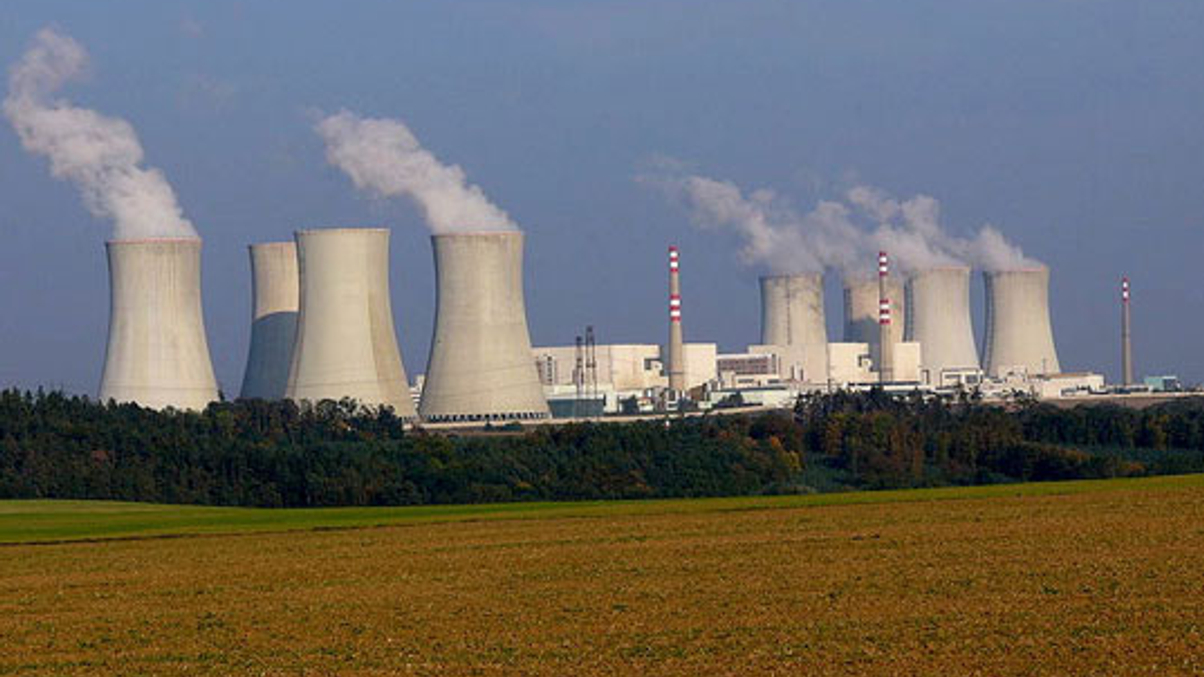Hydrogen economy lacks action in energy transition
Attitudes about nuclear power have changed but structural barriers to investment remain, says Ernest J Moniz, former US Secretary of Energy at Temasek’s Ecosperity in Singapore.

The development of a hydrogen economy has been a slow process, hampered further by the Russia-Ukraine crisis, but there is promise for a green, or even turquoise, future, according to Ernest J Moniz, president and chief executive of The Energy Futures Initiative and former US Secretary of Energy.
Sign in to read on!
Registered users get 2 free articles in 30 days.
Subscribers have full unlimited access to AsianInvestor
Not signed up? New users get 2 free articles per month, plus a 7-day unlimited free trial.
¬ Haymarket Media Limited. All rights reserved.


